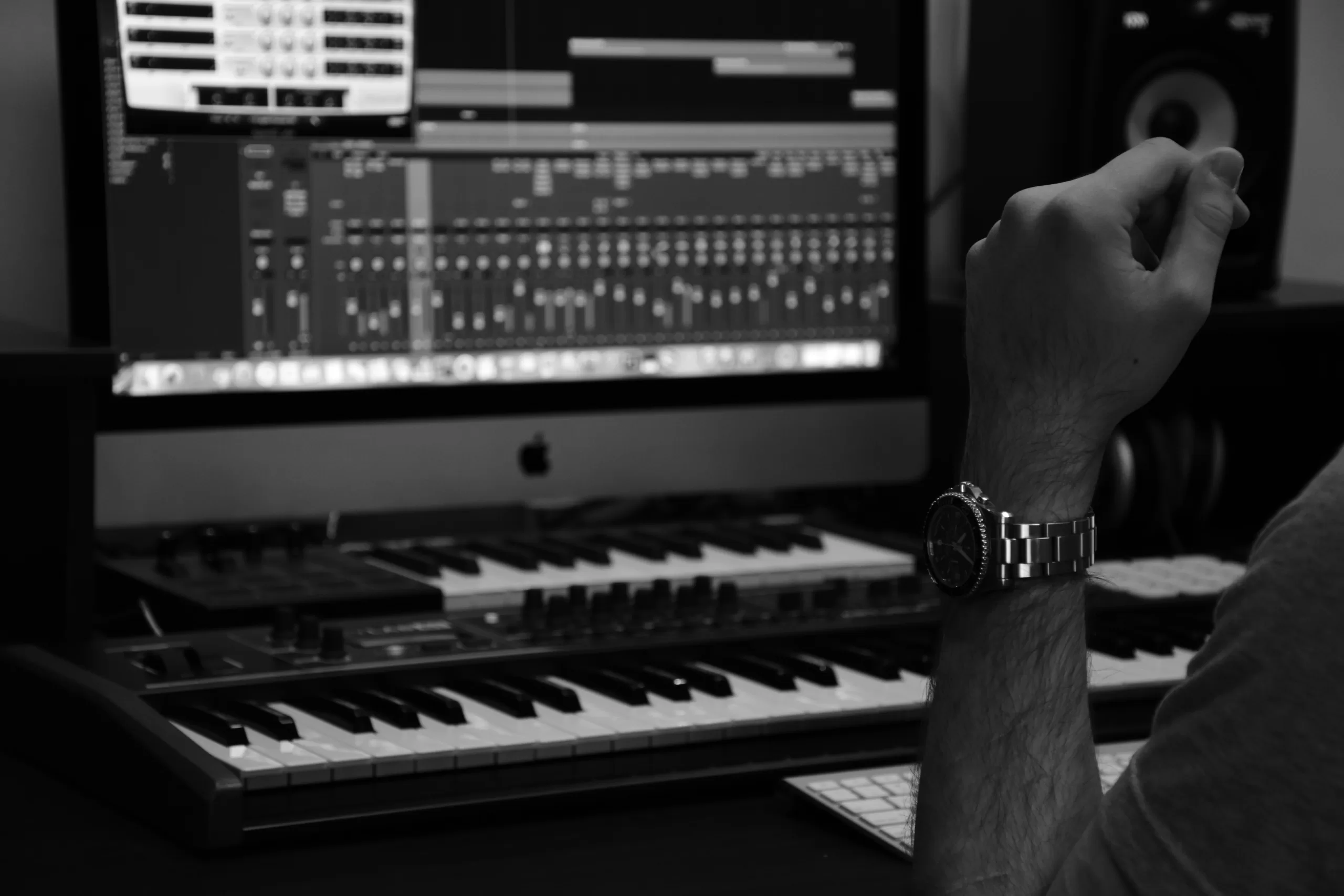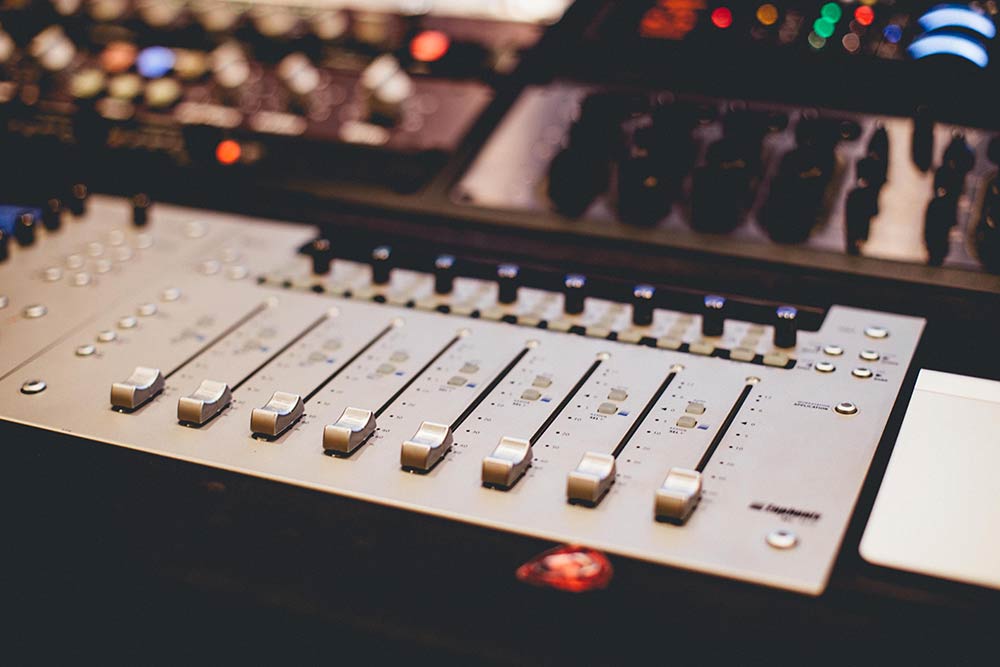
How To Sample Music In Your Beats
Introduction
Music is an integral part of modern life. It is used in many different ways, such as in movies, TV shows, video games, and commercials. So it’s no surprise that music is often sampled in hip-hop beats. Sampling music in seconds can be a great way to give your music a unique sound. But some rules and laws govern the use of copyrighted material. These laws protect musicians and songwriters so they can make money from their work. For example, in most hip-hop songs, the only music sampled was a short phrase that you would recognize as “boom,” This sampling did not take away from the original song’s meaning. However, if the theme is called “Boom Boom Pow,” then it is likely that this title will be trademarked and, therefore, cannot be used in any way. As another example, if you want to sample a more extended segment of music without infringing on someone else’s copyright, you should contact the owner of that music to see whether they would like their work sampled in your project. What is sampling? There are two types of selection: Fair Use and Copyright Infringement. When musicians use a short music segment in their song, they are likely to do so under the fair use doctrine. However, if that musician sampled the entire song without permission or failed to credit the original artist, they may infringe on copyright laws. If you want to use a piece of copyrighted music in your project, the first step is to contact the owner of that song and ask for permission. You might not find an answer from them, but if you’re still interested in using their music in your project, then take steps to obtain permission.
What Do You Need To Know About Sampling Music?
The art of sampling has been around for decades and has become an integral part of the music industry. Sampling is the act of taking a small section of another song and incorporating it into your music. In today’s world, there are many legal ways to sample music. One way is to ask for permission from the original artist or copyright holder. You can also buy a license from a company such as The Harry Fox Agency, The American Society Of Composers, Authors, And Publishers (ASCAP). or Broadcast Music Incorporated (BMI). Another way to legally sample music is to find a song that has been pre-cleared for use by the original copyright holder. Some music producers will create a clean version of their work by finding a theme that has already been cleared and using only the portion they want. This would be called interpolation. Copyright law also states that “the fixation of an audio-visual recording of another person’s performance or display, without the knowledge and consent of the performer or displayer” is illegal. . For example, it is illegal to record someone playing a video game, and post it online as your gameplay achievement.
Some Guidelines to Make Sure You Stay On The Legal Side Of Sampling Music
Sampling is a practice that has been used for decades to create new music. It is taking a small piece of someone else’s music and using it in your song.
There are many ways to sample music without getting sued. If you want to use an older song, you can ask the copyright holder for permission. You can also use a sound-alike version of the original music or sample from another artist who has given permission or from another artist who has. If you have any questions about sampling, don’t hesitate to get in touch with your local music lawyer, and they will be able to help you find out what steps are needed to stay on the legal side of sampling music for your beat. The following is an overview of the legalities of sampling music. It is not a comprehensive list. It merely represents some of the more common scenarios that might arise. The sampling laws are constantly evolving and can change at any time, so always check with your local attorney for the latest updates before using any samples in your songs. Even if you’re not looking to sample, it’s essential to understand how copyright law protects musical works and what all this means for musicians who want
Tips For Finding Free Sample Packs Online
For those who are on a budget, cost-free samples may be the best option for them. However, finding free samples can be a difficult task for some people. The following are some tips to help people find free sample packs online:
– Google around: The first step would be to search for companies that offer free samples. This can be done by using the keyword “free samples” in the search bar and sorting the results by relevance.
– Join mailing lists: Another way to find free sample packs is by joining mailing lists of companies that offer them. This will allow you to receive information about upcoming offers or promotions and updates on what they are currently offering.
– Search Facebook groups: Many Facebook groups focus on helping people find free sample packs and coupons online. One such group is “Free Samples & Coupons.”
– Ask friends: If all else fails, ask your friends if they know any
Conclusion – How To Sample Freely Without Getting Sued And Avoiding Copyright Infringement While Doing It
This article concludes that free sampling is an excellent way to get ideas for new music, but it’s important to avoid copyright infringement and ensure you’re not getting sued.


